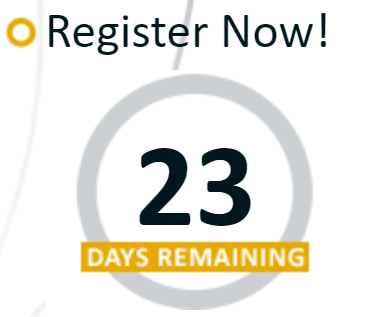The concept of smart pointer static_ptr in C++
In this article we are discussing a new smart pointer type – static_ptr. It is most similar to std::unique_ptr without dynamic allocations.
The concept of smart pointer static_ptr<T> in C++
by Evgeny Shulgin
From the article:
We can create the move_assigner structure in a similar way. We could also make copy_constructer and copy_assigner, but our implementation doesn't require them. In static_ptr, the copy constructor and copy assignment operator will be deleted (as in unique_ptr).

 The
The